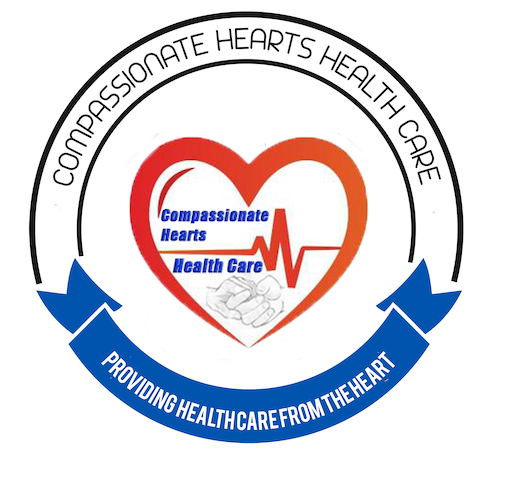Nutrition plays a vital role in maintaining our overall health and well-being. What we eat directly impacts our physical health, energy levels, mood, and even our risk of developing chronic diseases. In this article, we will explore the importance of nutrition in preventive healthcare and discuss strategies for building a solid foundation for wellness through healthy eating habits.
Understanding the Importance of Nutrition
Nutrition refers to the process of obtaining and consuming food, which provides our bodies with essential nutrients necessary for growth, repair, and optimal functioning. These nutrients include carbohydrates, proteins, fats, vitamins, minerals, and water. Each nutrient serves a specific role in supporting various bodily functions, from providing energy to regulating metabolism and supporting immune function.
The Link Between Nutrition and Preventive Healthcare

A growing body of research highlights the significant impact of nutrition on preventive healthcare. By making healthy food choices and maintaining a balanced diet, we can reduce the risk of developing many chronic diseases, including obesity, type 2 diabetes, heart disease, hypertension, and certain types of cancer. Additionally, proper nutrition supports overall immune function, helping our bodies defend against infections and illnesses.
Building a Foundation for Wellness Through Nutrition
- Eat a Variety of Nutrient-Dense Foods: Focus on consuming a wide variety of nutrient-dense foods, including fruits, vegetables, whole grains, lean proteins, and healthy fats. These foods are rich in essential vitamins, minerals, antioxidants, and phytochemical that promote optimal health and reduce the risk of chronic diseases.
- Balance Your Plate: Aim to create balanced meals that include a combination of carbohydrates, proteins, and fats. Fill half your plate with colorful fruits and vegetables, one-quarter with lean proteins such as poultry, fish, tofu, or legumes, and one-quarter with whole grains or starchy vegetables. Incorporate healthy fats from sources like nuts, seeds, avocados, and olive oil.
- Limit Processed Foods and Added Sugars: Minimize consumption of processed and highly refined foods, which are often high in added sugars, unhealthy fats, and sodium. These foods provide empty calories and lack essential nutrients, contributing to weight gain and increasing the risk of chronic diseases. Instead, opt for whole, minimally processed foods whenever possible.
- Stay Hydrated: Drink plenty of water throughout the day to stay hydrated and support optimal bodily functions. Water is essential for digestion, nutrient absorption, temperature regulation, and waste elimination. Limit intake of sugary beverages and opt for water, herbal teas, or infused water for hydration.
- Practice Portion Control: Pay attention to portion sizes and avoid oversized servings, which can lead to overeating and weight gain. Use smaller plates and bowls to help control portion sizes, and listen to your body’s hunger and fullness cues to avoid overeating.
- Plan and Prepare Meals Ahead of Time: Take time to plan and prepare healthy meals and snacks ahead of time to avoid relying on convenience foods or fast food options. Meal prepping can help save time, money, and ensure that you have nutritious options readily available throughout the week.

- Read Food Labels: Be mindful of food labels and ingredient lists when shopping for groceries. Look for products that are low in added sugars, sodium, and unhealthy fats, and high in fiber, vitamins, and minerals. Pay attention to serving sizes and the overall nutrient content of the foods you consume.
- Listen to Your Body: Pay attention to how different foods make you feel and listen to your body’s hunger and fullness cues. Eat when you’re hungry and stop when you’re satisfied, rather than eating out of boredom or emotional reasons. Tuning into your body’s signals can help you make healthier food choices and maintain a balanced relationship with food.
Conclusion
In conclusion, nutrition is crucial in preventive healthcare and building a foundation for wellness. By adopting healthy eating habits and making nutritious food choices, we can reduce the risk of developing chronic diseases, maintain a healthy weight, and support overall well-being. Remember to eat a variety of nutrient-dense foods, balance your plate with carbohydrates, proteins, and fats, limit processed foods and added sugars, and stay hydrated. By prioritizing nutrition and making it a priority in our daily lives, we can enjoy the numerous benefits of a healthy diet and live a vibrant, fulfilling



Add a Comment